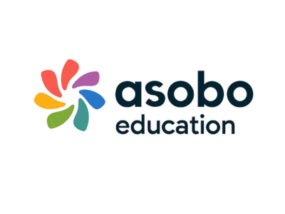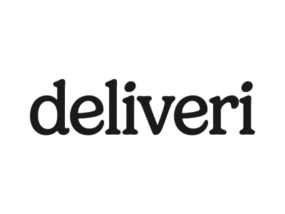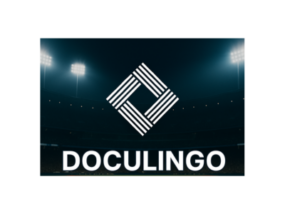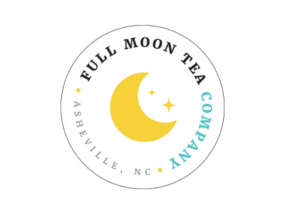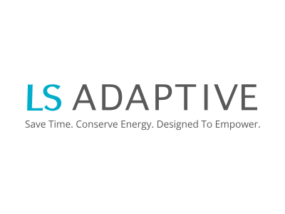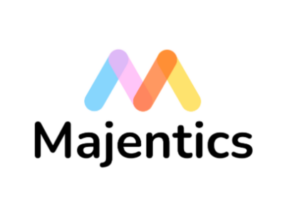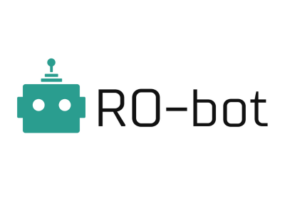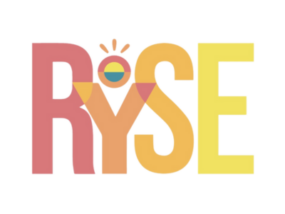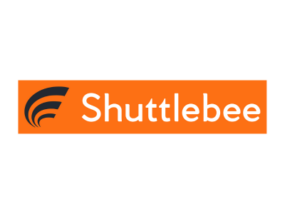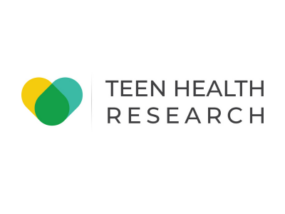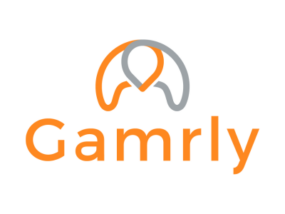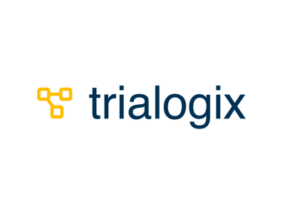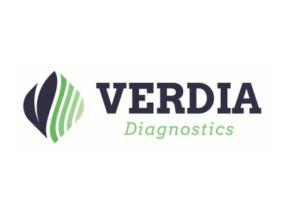Validating Innovative Startups
January 23
Asheville
Info Session
February 2
Wilmington Info Session
January 26
Grant Application Opens
February 23
Grant Application Deadline
Submit by 5:00pm
March 27
Micro Finalist Selected
April 6-15
Micro Finalist Interviews
April 21
Micro Grant Recepients Selected
The NC IDEA MICRO evaluation process is rigorous and extremely competitive.
See a comparison of eligibility criteria between NC IDEA MICRO and NC IDEA SEED. **Note: You may only apply to either MICRO or SEED (not both) during a grant cycle.**
Companies must meet the following criteria in order to be considered for an NC IDEA MICRO grant.
**Note: You may only apply to either MICRO or SEED (not both) during a grant cycle.**
Geography
NC IDEA MICRO grants are specifically targeted at companies headquartered in and that conduct a majority of corporate operations in the State of North Carolina. All publicly facing materials, including website, social media, and other marketing materials and channels should identify the business as a North Carolina company. Selected companies must agree to maintain the majority of corporate operations in the State of North Carolina for at least the 12-month period following completion of the grant.
Industry and Company Type
NC IDEA MICRO grants are awarded to companies bringing an innovative product or business model to the market. We prefer companies with proprietary intellectual property or other means of sustained competitive advantage that are solving large problems.
Companies with high capital requirements and a long runway to commercialization, such as pharmaceutical companies, are not eligible. For a full list of company types considered out of scope for grant funding, please refer to this document.
Market Opportunity
NC IDEA MICRO grants are awarded to companies addressing large, rapidly growing market opportunities with a unique value proposition and demonstrating a clear path to scale—either through venture capital within four years or by achieving $2M+ in annual revenue within seven years with potential to exceed $10M+.
Stage of Development
Competitive applicants have already been actively moving their startup forward by conducting customer discovery, developing initial prototypes, testing a product/service, bringing in initial revenue, or other activities. The grant will enable these companies to validate key assumption(s) around the existence of a problem, revenue model, size of their target market, market readiness, team skill set, or other area(s) to determine a company’s ability to catalyze its business development.
Revenue
Competitive applicants are on a path to generate revenue within 12 months of receiving a MICRO grant. However, many MICRO grant recipients have initial revenue when they apply (see below).
MICRO Grant Recipients: Last 12 Months Revenue at Time of Application
- Cleantech, Biotech, Medical Device & Diagnostics
- Generating Revenue: 20%
- Consumer Products – Food and Beverage
- Generating Revenue: 100%
- Average Revenue $37K
- Consumer Products – Advanced Manufacturing, Advanced Materials, IoT
- Generating Revenue: 10%
- Consumer Products – All Other
- Generating Revenue: 100%
- Average Revenue $37K
- Software
- Generating Revenue: 32%
Team
Applicants must have at least one founder living in North Carolina, and it is preferred that all founders live in NC. Competitive applicants should have a founder who will be full-time within 6-12 months of applying for the grant. NC IDEA defines a full-time founder as one who works 40+ hours a week on their startup and does not spend more than 15 hours a week, either 1) working at another company; 2) working at a different startup run by the founder(s); or 3) on school-related activities (including class time and homework).
Prior Investment
Our funding is intended to help early stage companies accomplish specific milestones that demonstrate to investors and other funding sources that the company has high growth potential. Therefore, companies that have received greater than $250K in equity investment or over $1M in non-dilutive grant funding at the time of applying are less likely to be considered. Founder contributions and “friends and family” equity funding is viewed differently and will not negatively impact consideration.
Since MICRO competitive companies are at the stage of validating assumptions about their business and developing a business model, few MICRO grant recipients have prior equity investment (15% for 2022-2025). For MICRO applicants that have raised equity investment, competitive applicants will detail how past funding was used and how MICRO can still be impactful on the business.
Impact of Grant
Since NC IDEA has two MICRO grant cycles every year, NC IDEA and its reviewers assess the timing and impact for each company to receive $10K and participate in programming during a specific grant cycle.
Competitive applicants will clearly describe how MICRO funds will be used to achieve measurable milestones during the grant period to validate key assumptions about the company’s business, such as revenue model, market readiness, customer profile, and sales. The goal of MICRO is for a startup to move its business forward to be competitive for SEED within 2 years; or to secure growth through other channels, such as revenue, debt, or equity investment.
NC IDEA solicits MICRO grant applications twice per year, usually in February and August. We typically receive 150-200 applications each grant cycle. Applications from eligible companies are reviewed by the NC IDEA team, investors and other partners in the entrepreneurial ecosystem. Companies are notified of their status and eligible companies receive specific feedback on their application. From each applicant pool, approximately 25-30 companies are selected to progress to the finalist phase. Finalists are invited to participate in a virtual interview. Ultimately, 15 companies are selected and awarded an NC IDEA MICRO grant.
View the MICRO application and review specific dates and deadlines in the tab below.
**Note: You may only apply to either MICRO or SEED (not both) during a grant cycle.**
NC IDEA MICRO couples $10K in funding with an eight-week program to accelerate your company’s progress.
MICRO grant recipients engage in the following process over six months from the time of award:
- Each company works directly with NC IDEA staff to implement a six-month timeline of meaningful milestones and an impactful use of grant funds.
- The grant agreement is signed and the company receives 75% of their grant funds.
- Companies participate in an eight-week customer discovery and product launch program.
- Customer discovery is focused on clearly identifying the early customers, their pain point, reaching them, and their solution.
- Product launch will include fundraising strategies, marketing, and meeting with 15+ mentors who can provide advice and/or connections.
- The program will require 3 hours per week of seminar participation, plus additional time to talk to potential customers.
- Companies schedule check-ins with NC IDEA staff or volunteer mentors, throughout programming.
- Two months after a company’s grant agreement is signed, the remaining 25% of the grant will be distributed to the company.
- Companies will make a final presentation to NC IDEA staff, mentors, and other companies in the cohort, about six months after the end of the customer discovery and product launch program.
During the grant period, and continuing once companies become MICRO alumni, grant recipients can take advantage of:
- Opportunities to participate in monthly seminars and workshops on topics such as marketing, sales and meeting with fellow founders
- Access to NC IDEA staff to get feedback on pitches, funding opportunities, market pivots and other topics facing your startup
- Introductions to potential partners, mentors, advisors, funders and customers
January 12 – Watch the Spring 2026 Grants Information Webinar Here.
January 14 – Triangle Info Session
January 15 – Charlotte Info Session
January 21 – Winston-Salem/Triad Info Session
January 23 – Asheville Info Session (Cancelled due to inclement weather)
February 2 – Wilmington Info Session (Cancelled due to inclement weather)
January 26 – NC IDEA MICRO Grant Application Opens – View MICRO Application (Spring ’26)
January 27 – February 20 – Sign up for Virtual Office Hours
February 23 – NC IDEA MICRO Grant Application Deadline
*All applications must be submitted and received by 5:00 pm EST – No Exceptions*
March 27 – NC IDEA MICRO Grant Finalists Selected and Notified
April 6-15 – NC IDEA MICRO Grant Finalist Interviews
April 21 – NC IDEA MICRO Grant Recipients Selected and Notified
**Note: You may only apply to either MICRO or SEED (not both) during a grant cycle.**

